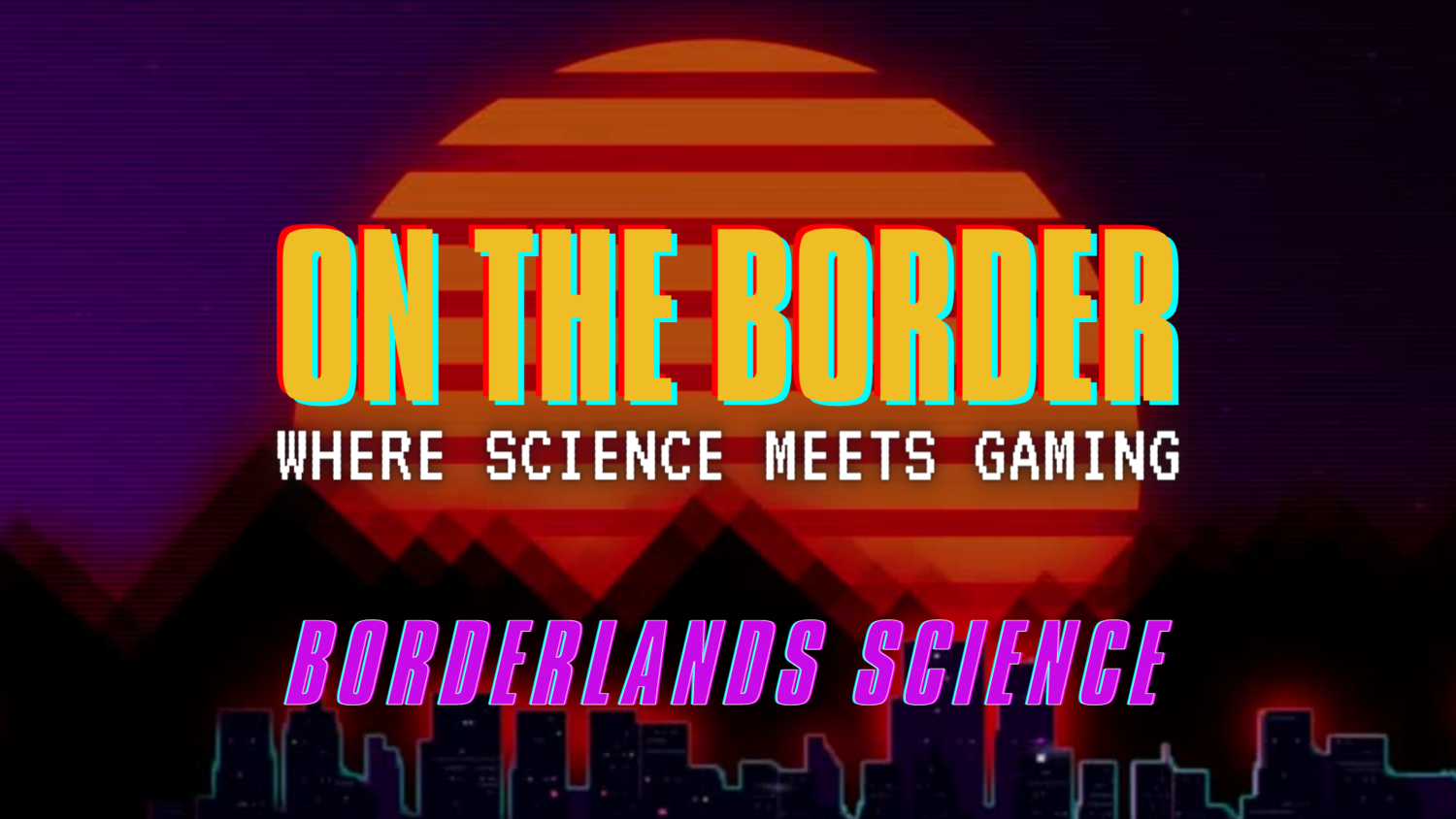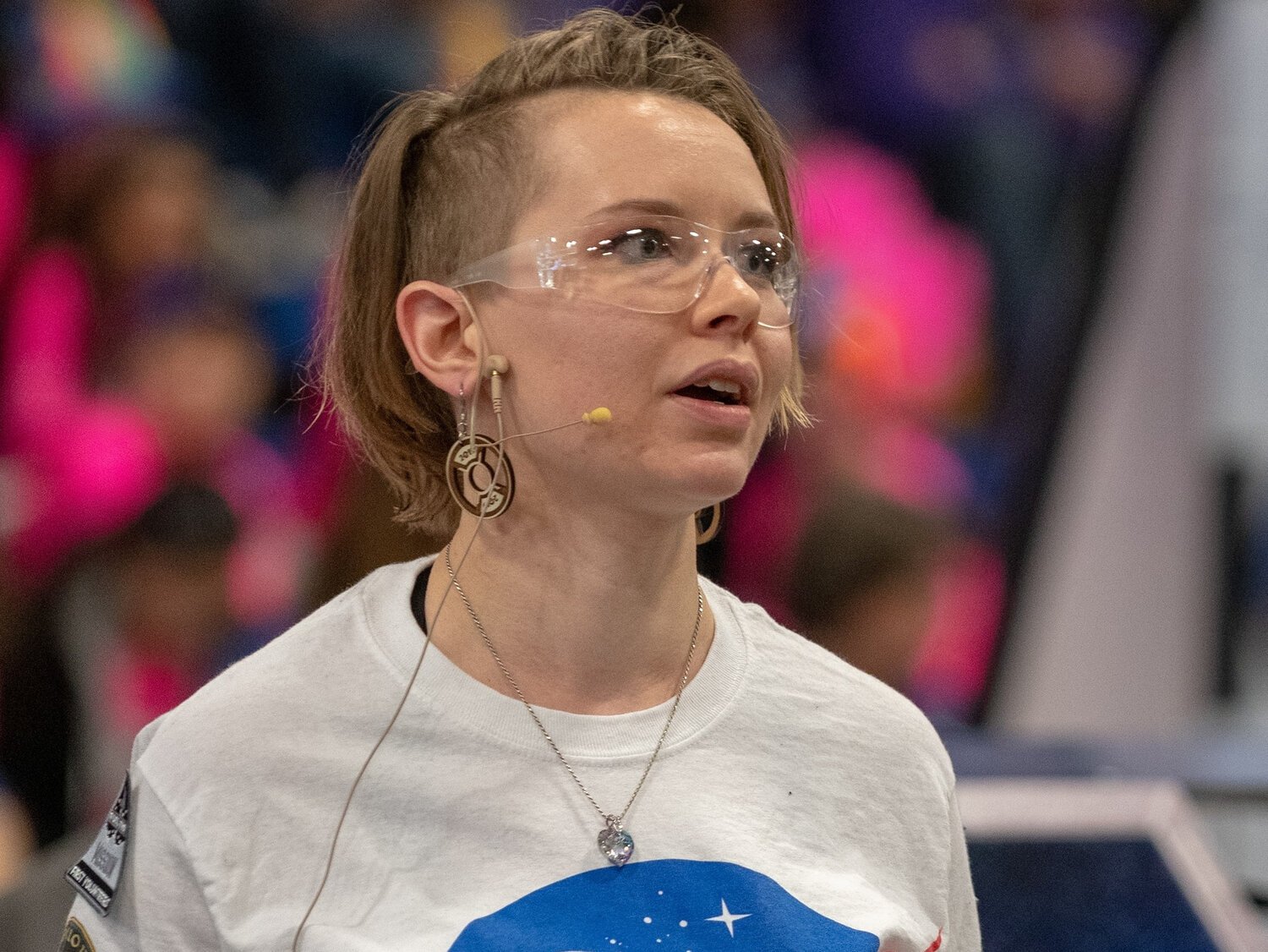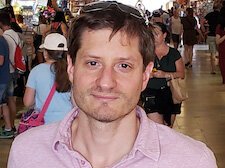Celebrate Science Odyssey and discover the untapped potential of video games for scientific research!
Scientific research just leveled up! Join RCIScience and Queer Women of Esports’ Dr. Sarah Hays and CamillaPanda as we play Borderlands Science - a mini arcade game located within popular video game Borderlands 3!
Developed in partnership with McGill University, Massively Multiplayer Online Science and the Microsetta Initiative, Borderlands Science is a puzzle game that contributes to real world scientific research. By solving simple block puzzles, players earn in-game rewards AND organize data so scientists can map the DNA of bacteria found in the human digestive system. Co-creator and McGill Associate Professor Jérôme Waldispühl shows us how.
This innovative approach to citizen science helps train artificial intelligence to do the same thing faster and contributes to a better understanding of the human gut microbial ecosystem in relation to diseases and conditions like diabetes, depression, autism, anxiety, obesity and more.
About the Speakers and Players
Dr. Sarah Hays
Dr. Hays is a founding member of Queer Women of Esports - a non-profit that works to increase diversity and inclusivity in the esports industry for queer and marginalized-gendered folks - and currently serves as their Mentorship Lead. She also works as a Clinical Contributor for Take This, a mental health non-profit that aims to educate about and destigmatize mental illness in the games industry and community. Dr. Hays is a teletherapist for the Seattle, WA area, and specializes in LGBTQIA+ populations, forensics, sexuality and identity. She is a published author, international public speaker, and collaborates on academic and journalistic writings.
Nikki Stout
(also known as CamillaPanda)
Nikki has a degree in Interactive Multimedia and a minor in Women and Gender Studies from The College of New Jersey, along with a certification in Nonprofit Management from Drexel University. Passionate about equitable STEM education for all, she currently sits on the board of directors for Mid-Atlantic Robotics, a nonprofit that provides robotics competitions to students in her home state and advocates for robotics education. She also volunteers a significant amount of time with FIRST, an international robotics competition for students. Nikki is a mentor for a multi award-winning Robotics Competition team where she teaches high school students business and engineering skills, travels the United States as a play-by-play commentator, and as a Master of Ceremonies. When not working to provide STEM education opportunities for students, she is a broadcaster on Twitch, focusing on science and role-playing games. In her free time, Nikki volunteers with a few nonprofits, along with Queer Women in Esports as the development lead. She’s excited to be a member of Team Kitty and the 1000 Dream’s Fund Dream Team. Finally, Nikki is proud to be a 2020 Fall BroadcastHER grant winner.
Dr. Jérôme Waldispühl
Dr. Waldispühl is an associate professor of Computer Science at McGill University, where he conducts research in computation molecular biology. In the last 10 years, he pioneered the use of video games to engage the public in genomic data analysis with Phylo (2010), Colony B (2016), Borderlands Science (2020) and Project Discovery Phase 3 (2020). Together, these projects attracted millions of online gamers worldwide and were presented at the White House Office of Science and Technology Policy (2013), the Québec Parliament (2016) and the French Academy of Science (2018).
Jérôme Waldispühl holds a PhD in Computer Science (2004) from École Polytechnique (France). Before joining McGill in 2009, Prof. Waldispühl was an instructor in Applied Mathematics at the Massachusetts Institute of Technology (2006-2009) and did a postdoc in the Biology department at Boston College (2005-2006). He is a recipient of the Tomlinson Scientist Award (2012) and the Fessenden Professorship in Science Innovation (2013).




